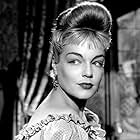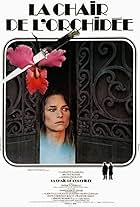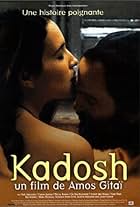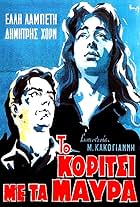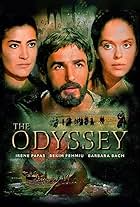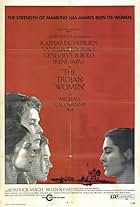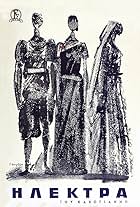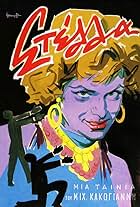The story is pretty simple: there is a bar in the grimy, foggy port of Antwerp, owned by M. Rene (Bernard Blier). A hooker named Dedee (Signoret) and her pimp Marco (Dalio) work there, she as a dancer and he as the doorman. An Italian ship's captain (Pagliero) enters Dedee's life one night, and she begins to shape plans for getting out of "the life." Marco can't bear the idea of losing face with his associates--a pimp has to protect his turf--so he goes after Francesco with a gun...
There is an ease of storytelling and work with actors that shouldn't blind us to the reality that Allegret is working in a genre--poetic realism--that is worn out in the late Forties. Jacques Sigurd wrote seven scripts for Allegret, but he was never the equal of Jacques Prevert, either in creating memorable characters or great lines. The port setting and cast of desperate dreamers had been used before in Carne's Quai des brumes, with the exception of the shady life of Signoret's character, quite a change from Michele Morgan's purity.
The actors are all fine. Jane Marken and Dalio bring out the emotions of their characters--lively, not too smart, trusting and suspicious by turns. Marcel Pagliero is sturdy, quiet and trustworthy; he's at ease in front of the camera, the way Sergio Castellitto is today (he even looks a lot like Castellitto). Bernard Blier is sometimes sympathetic, sometimes contemptuous with his employees--it should be noted that Marco is a handful for even the strongest boss. This was Signoret's fifteenth film, and it finally launched her career. Her Dedee is beautiful, in that sculptural way she had, lively, smart and moving. She provides a good account of the making of the film in her autobiography, Nostalgia Isn't What It Used to Be.









